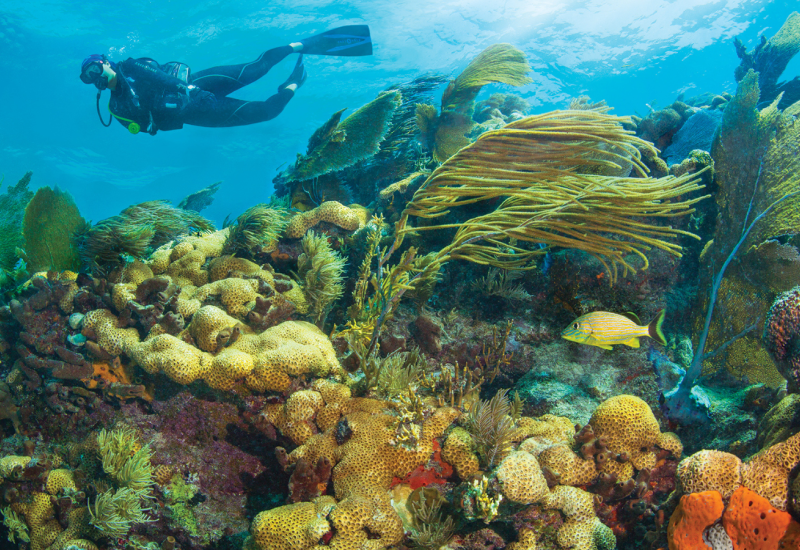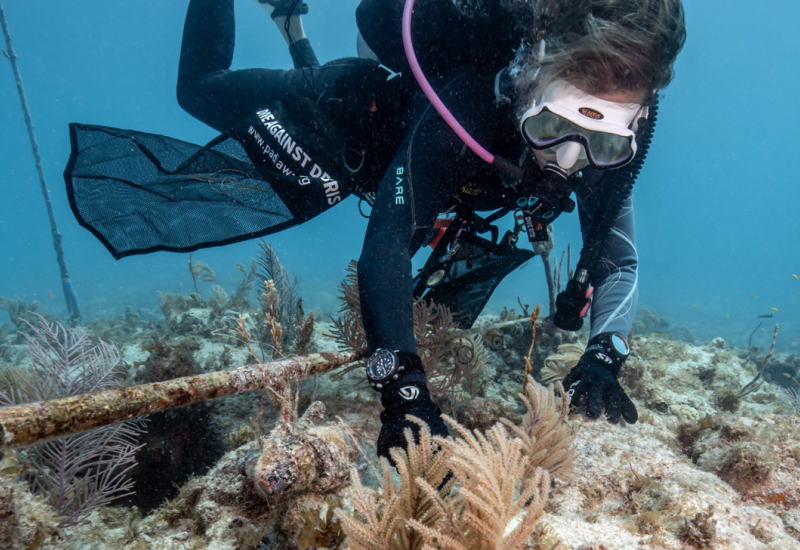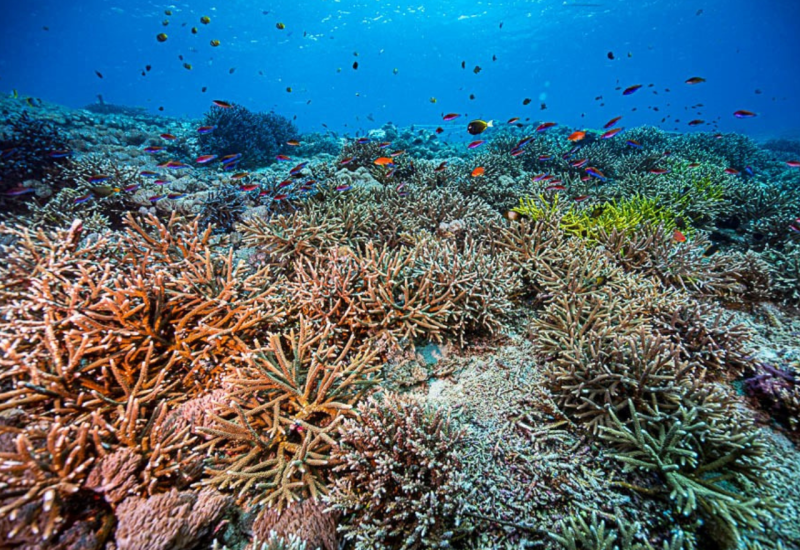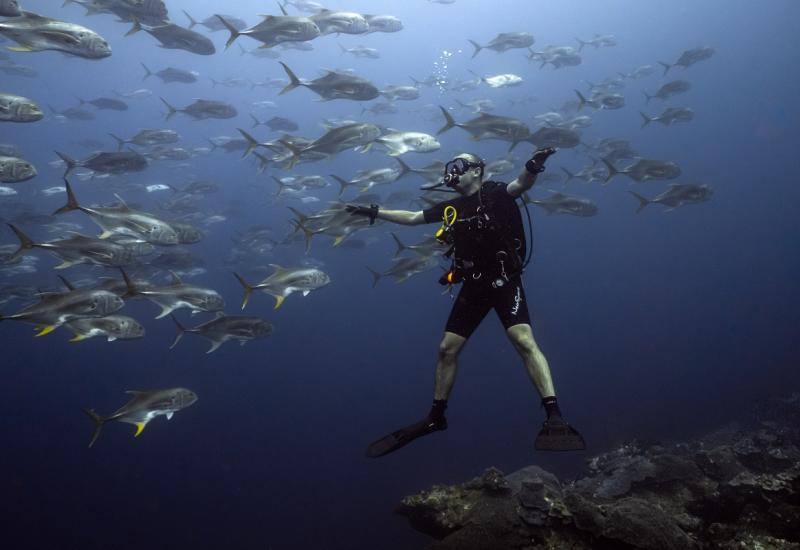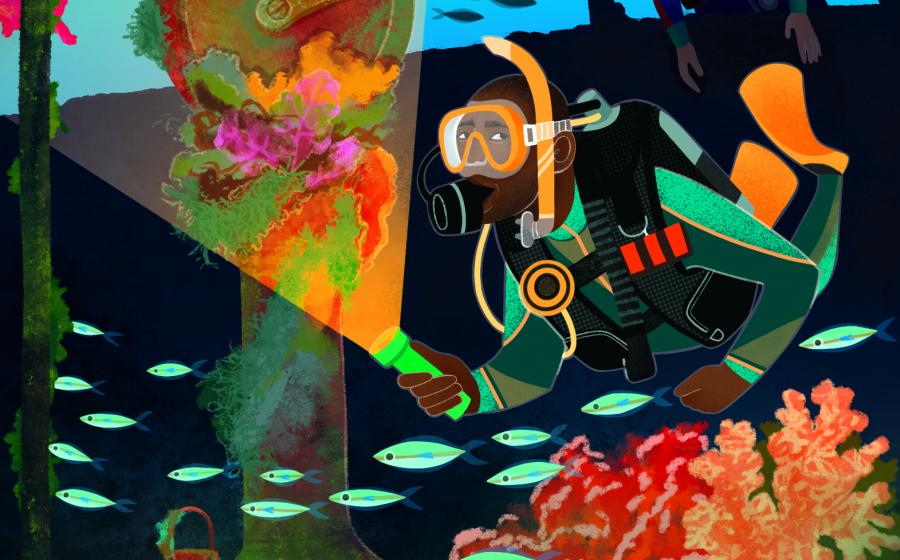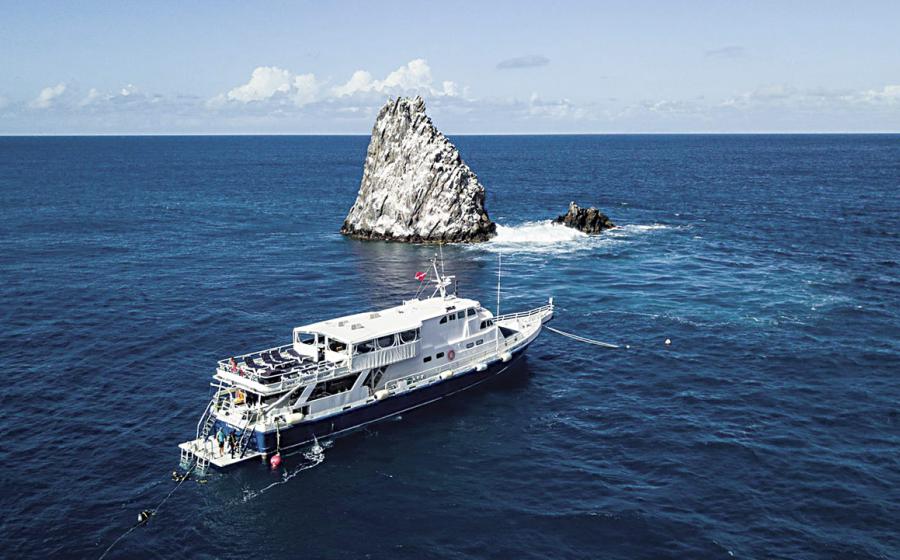Love the Unloved
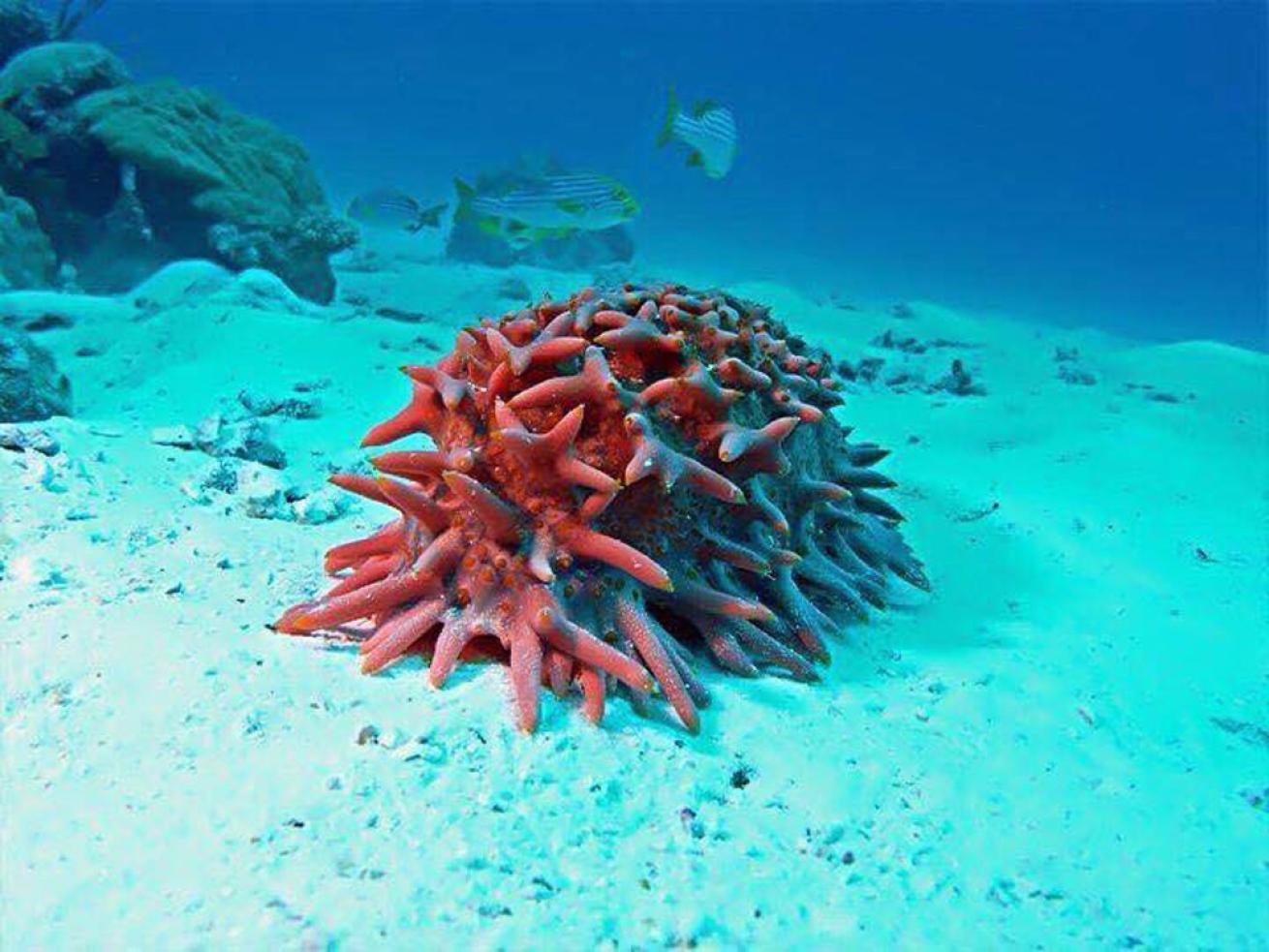
Andrew HarrisonWithout sea cucumbers, we face increased threats to coral reefs, seagrass beds, and lagoon areas and we lose a natural weapon to fight climate change.
Project AWARE, along with our partners and supporters have been showing the love for threatened species of sharks and rays for many years. We’ve pushed governments to introduce catch limits for sharks in the Atlantic and Mediterranean, helped incorporate threatened shark and rays onto the CMS international conservation agreement, and advocated for sustainable trade in shark and ray products via the Convention on International Trade in Endangered Species (CITES).
This May, we continue to push for change at the 18th tri-annual meeting (CoP18) as the world’s fastest sharks, the makos, alongside guitarfish and wedgefish are up for consideration for inclusion in CITES Appendices. As well as leading the charge to get sharks listed, we will also be supporting the listing of a less glamorous ocean dweller, the holothurians. Holothurians, more commonly known as sea cucumbers are sedentary creatures related to starfish and sea urchins, and live a slow-paced life on the seafloor, feeding on algae, bacteria and decaying organic matter.
Why do we love sea cucumbers?
Sea cucumbers are one of the ocean’s great recyclers and while they may seem like an unassuming, even dull part of the ecosystem, there is evidence that they could play one of the most important roles in fighting one of the biggest threats we face today, climate change.
Researchers at the University of Sydney have discovered that when a sea cucumber digests its food, the processes that go on inside its gut can reduce the acidity of the areas where they poo, helping counter the effects of rising sea temperatures, where the ocean becomes more acidic when it absorbs more carbon dioxide.
Why are sea cucumbers in trouble?
Unfortunately for sea cucumbers, they are loved in a way that is decimating their numbers. Some species of sea cucumbers, known as bêche-de-mer, are a highly prized delicacy in many parts of the world. They are some of the highest valued seafood on the planet, setting you back almost $3,000 per kilo of dried sea cucumber and with such a high value comes more extensive fishing.
Without sea cucumbers, we face increased threats to coral reefs, seagrass beds, and lagoon areas and we lose a natural weapon to fight climate change. Show your support for the listing of sea cucumbers at CITES CoP18 by taking part in our #LoveTheUnloved Photo Contest - Submit or vote for your favorite sea cucumber photo. It’s time to #LovetheUnloved

